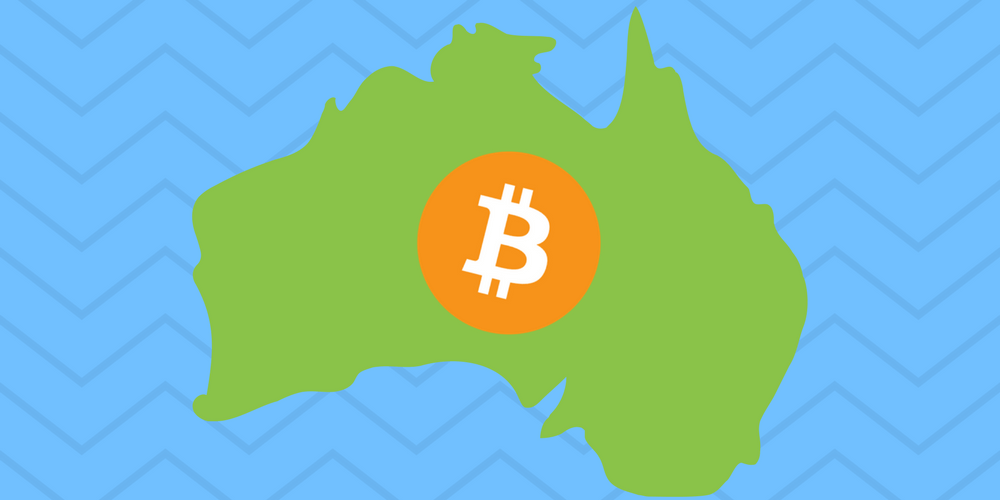
Australia’s digital currency exchanges are now required to register with the country’s financial intelligence agency in a bid to combat money laundering and counter-terrorism, starting from today.
AUSTRAC published a new page today detailing the new requirements for digital currency exchanges to meet anti-money laundering (AML) and counter terrorist financing (CTF) regulations.
Effective from the 3rd April, exchanges are obligated to meet the following requirements: adopt and maintain an AML/CTF program to identify, mitigate, and manage money laundering and terrorism financing risks; identify and verify the identities of their customers; report to AUSTRAC suspicious matters and transactions involving physical currency of $10,000 or more; and keep certain records for seven years.
In the post, the financial intelligence agency wrote:
“A ‘policy principles’ period of six months will be in place from 3 April 2018. During that period, the AUSTRAC CEO can only take enforcement action if a DCE [digital currency exchange] business fails to take ‘reasonable steps’ to comply.”
It added that there would be criminal offense and civil penalty consequences if a digital currency exchange provides services without being registered first. Transitional registration arrangements will also be in place for existing businesses to allow them to continue providing services while their registration application is being considered, AUSTRAC wrote. However, companies providing digital currency exchange services will need to register by the 14th May 2018.
In December 2017, the Australian Senate approved the Anti-Money Laundering and Counter-Terrorism Financing Amendment Bill 2017, aimed at tackling the illegal use of digital currencies. The bill also gave AUSTRAC oversight of digital currency exchanges asking them to enrol and register with the agency.
With interest rising in the digital currency market in Australia, it was reported last month that two Queensland politicians declared that they own bitcoin. According to a report from the Brisbane Times, the declarations were made for the state’s register of members’ interests. It typically lists properties, trusts, gifts, and memberships of unions and political parties of politicians in Queensland.
Nick Dametto, a recently elected MP for Katter’s Australian Party – a right-leaning minority party that seeks to serve Queensland’s vast rural population – revealed at the time that he had about AUS$20,000. Labor’s Bart Mellish also declared a bitcoin account.

